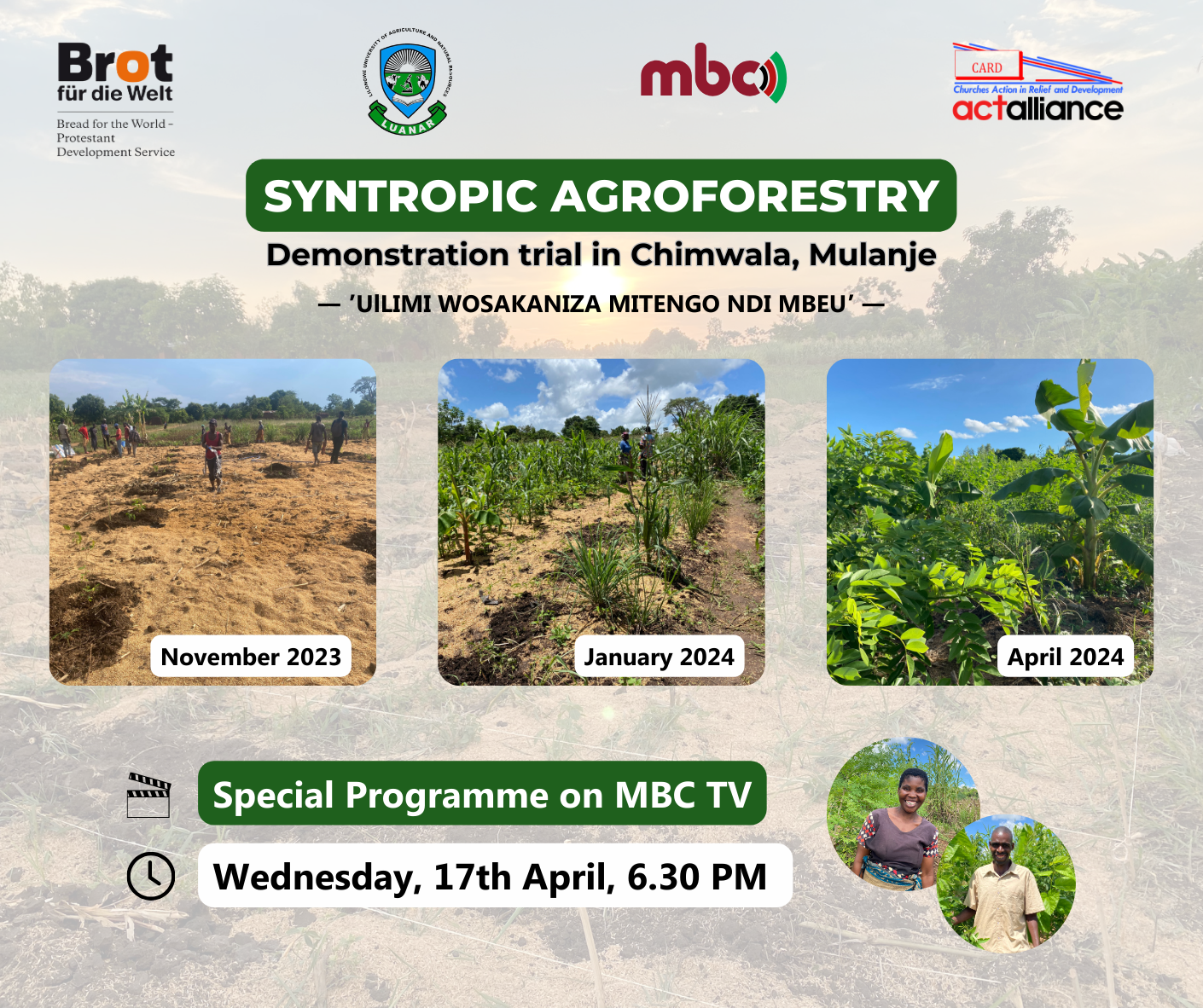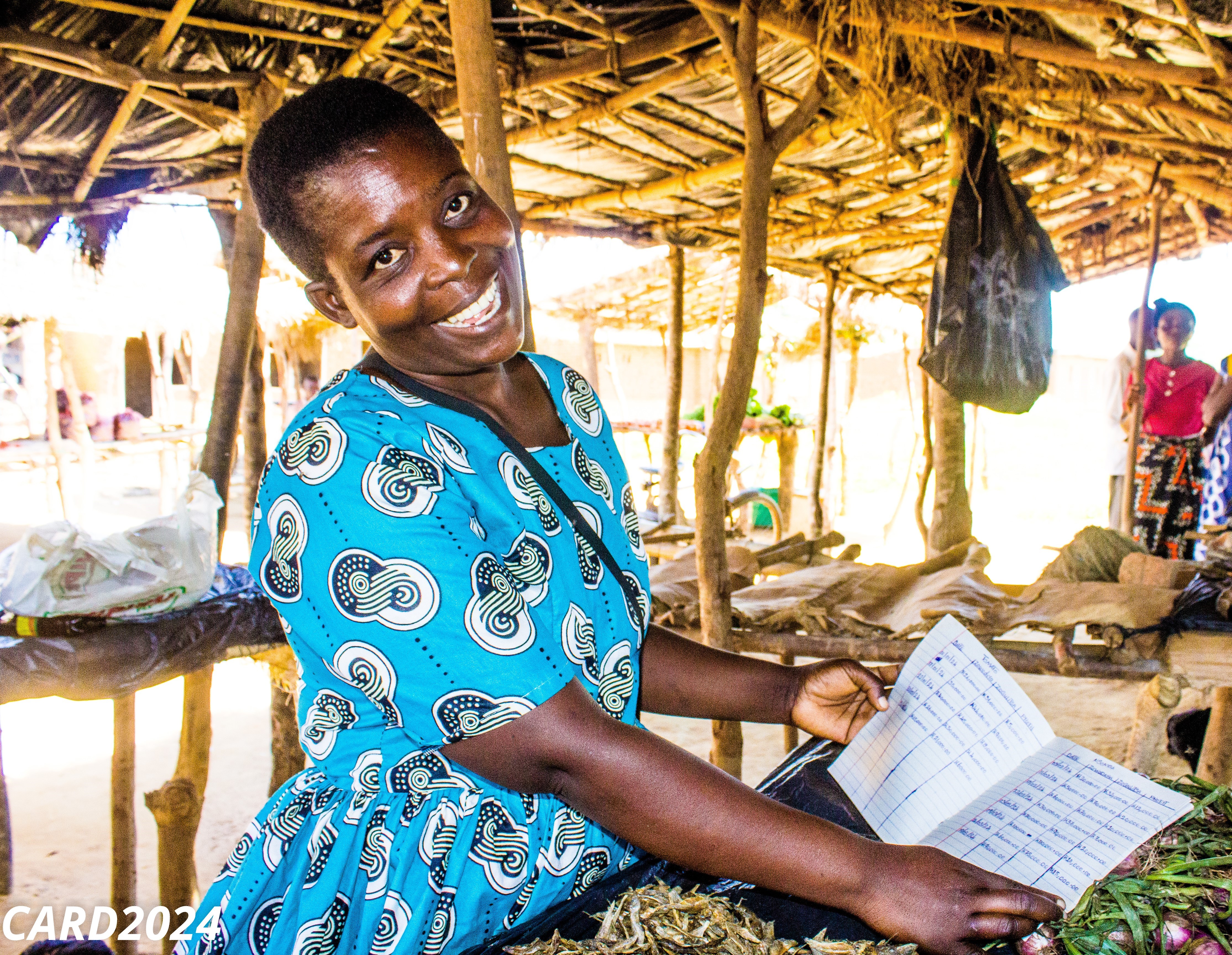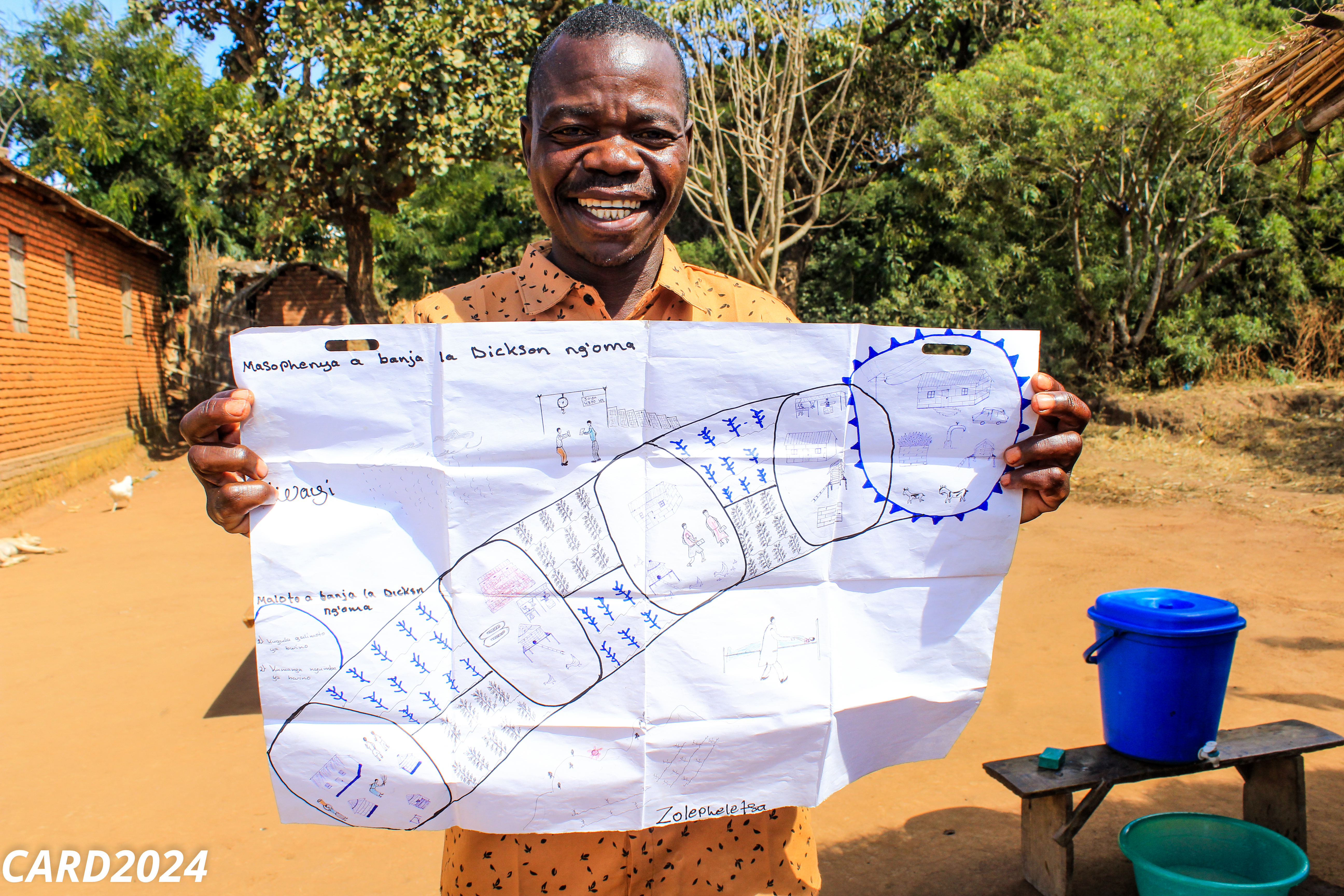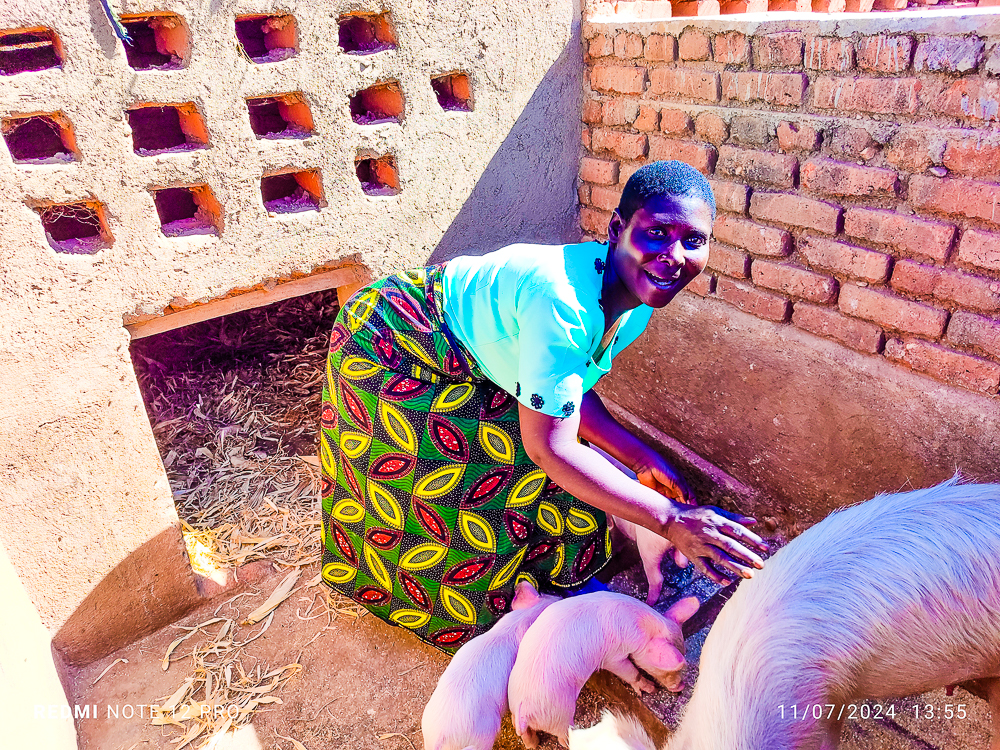More support needed for Agroecology & Women Empowerment: A call to ban harmful pesticides.
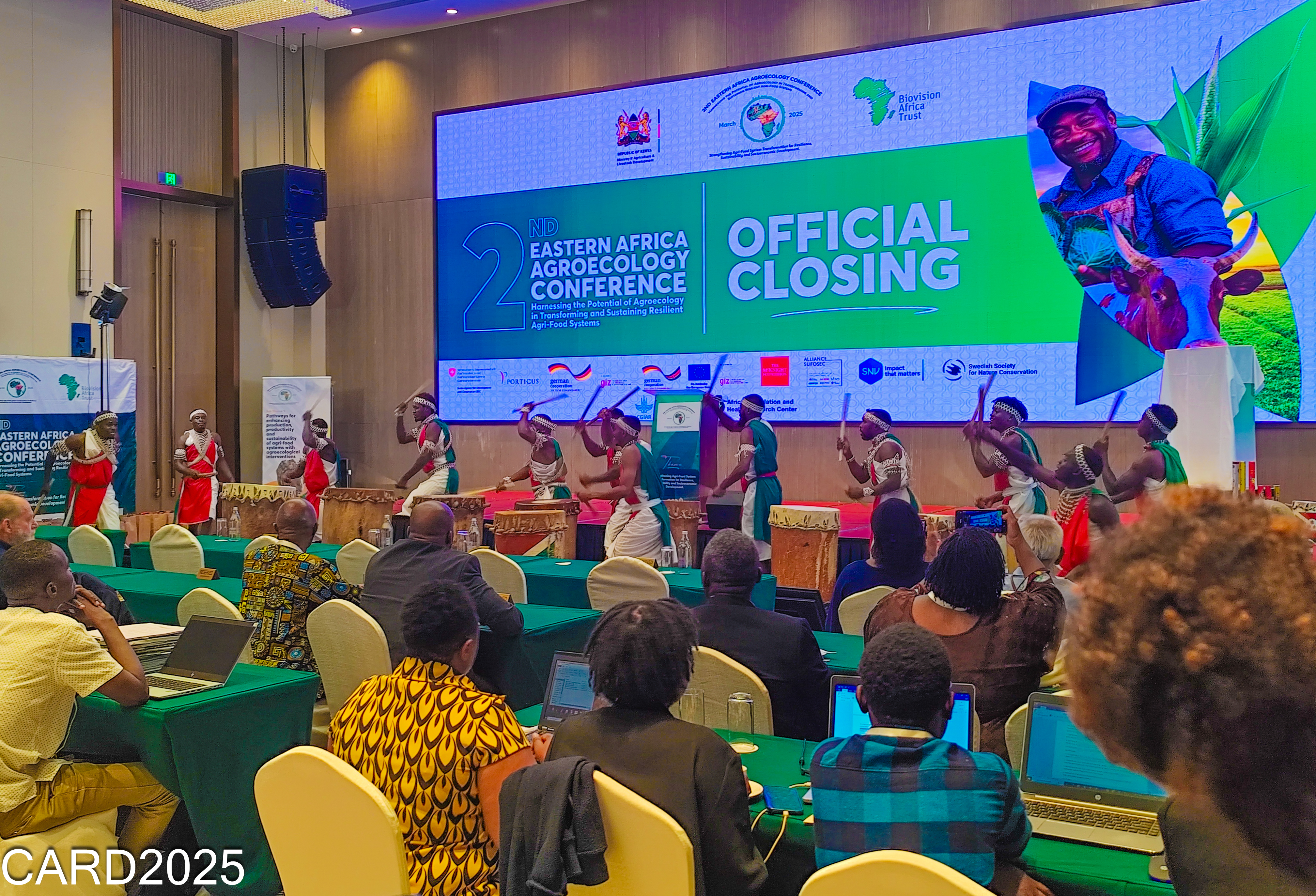
28 Mar, 2025
More support needed for Agroecology & Women Empowerment: A call to ban harmful pesticides.
"We need financial support in
agroecology and more women should be empowered in this sector!" –
Cecilia Mmburungu, GROOTS Kenya
The
curtains have closed on the Eastern Africa Agroecology Conference in Nairobi,
marking yet another significant step toward transforming agricultural systems
in the region. Building on the success of the inaugural conference in March
2013, this second edition brought together over 800 delegates from 42 African countries, all united in the mission
to advance agroecology and sustainable food systems.
One
of the conference's most resounding messages was the urgent need to empower
women in agroecology. Farmers and experts alike emphasized that increasing
support for women farmers will boost food security, enhance livelihoods and promote economic growth. Women
play a crucial role in shaping sustainable food systems, yet many still lack
access to essential resources, training and funding.
Another significant call was made to ban
harmful pesticides, with a strong emphasis on promoting agroecology and
agroforestry as sustainable alternatives to synthetic chemicals. Kenya’s Deputy
Speaker, Gladys Boss Shollei, stressed the urgent need for the Pest Control
Products Board and the Ministry of Agriculture to take immediate action to prohibit these hazardous pesticides. She highlighted the environmental
dangers they pose and the long-term risks they create for future generations.
Despite the promise of agroecology in ensuring sustainable agriculture, many smallholder farmers continue to struggle due to limited financial support. Conference participants highlighted that only a small fraction of farmers currently benefit from agroecological programs, leaving the majority without the means to implement sustainable farming practices effectively.
One
of the key calls to action from the conference is the allocation of dedicated funding for agroecology programs, with a
special focus on women, youth and
marginalized communities. This would enable more farmers to adopt
sustainable practices, reduce dependency on harmful chemical inputs and
improve overall food production.
Farmers
also voiced concerns about land
degradation caused by excessive chemical use, which threatens soil
fertility and long-term agricultural sustainability. They urged collaborative efforts between
governments, researchers and policymakers to restore degraded lands and
encourage eco-friendly farming practices.
The
Eastern Africa Agroecology Conference reaffirmed the need for stronger partnerships between farmers, policymakers,
researchers and development organizations. Agroecology must become a central focus in agricultural policies, with substantial
investments to support farmers practicing sustainable agriculture.
As
we move forward, stakeholders must rally behind smallholder farmers, ensuring
they receive the resources and recognition they deserve. Supporting agroecology means securing the
future of food systems, protecting the environment and empowering
communities—especially women and youth—who are at the heart of agricultural
transformation.
